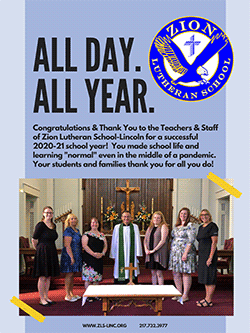|
 Russia, the world's largest country, reported 17,262 new coronavirus
infections nationwide. Russia, the world's largest country, reported 17,262 new coronavirus
infections nationwide.
Moscow Mayor Sergei Sobyanin extended restrictions he had imposed
earlier, which include a ban on public events with more than 1,000
people, an 11 p.m. closing time for cafes and restaurants, and the
closure of fan zones set up for the European soccer championship.
Sobyanin said earlier this week that Moscow, home to 13 million
people, was facing a new, more aggressive and infectious coronavirus
variant, and that the situation in the city was deteriorating
rapidly.
It was not clear if he was referring to the Delta variant, which was
first identified in India and has caused a resurgence of cases in
Britain.

Kremlin spokesman Dmitry Peskov said President Vladimir Putin was
monitoring the situation closely.
Asked to explain the surge in cases Peskov blamed the virus's
"cunning nature", a reference to its mutations, as well as "total
nihilism, and the low vaccination level".
At a briefing, he rejected the idea, posited by some critics, that
Russians were reluctant to have vaccinations because they distrusted
the authorities.
As of June 2, the most recent tally available, only 18 million
Russians had received at least one dose of vaccine people so far: at
one-eighth of the population, that is far less that most Western
countries.
Moscow authorities this week ordered all workers with public-facing
roles to have a vaccination.
[to top of second column] |
 Sobyanin said on Friday he
expected the city government to start the
inoculation of migrant workers with Sputnik
Light - a single dose of the Sputnik V vaccine -
early next month.
But he also said it was "vitally important" to
start administering further booster doses - in
effect, a third dose. He said he himself had
just received a top-up, after being fully
vaccinated two doses a year ago.
He said the third doses being offered were a
repeat of the first dose of the two-shot Sputnik
V vaccine.
Several Russian officials and members of the
business elite, as well as some members of the
public, have already been securing third and
fourth doses of Sputnik V, Reuters reported in
April.
The question of how long a vaccine offers
protection against COVID-19 will be vital as
countries gauge when or whether revaccination
will be needed, and Russia's findings will be
closely watched elsewhere.
(Reporting by Gleb Stolyarov, Dmitry Antonov;
Writing by Olzhas Auyezov; Editing by Andrew
Osborn and Kevin Liffey)
[© 2021 Thomson Reuters. All rights
reserved.] Copyright 2021 Reuters. All rights reserved. This material may not be published,
broadcast, rewritten or redistributed.
Thompson Reuters is solely responsible for this content
 |